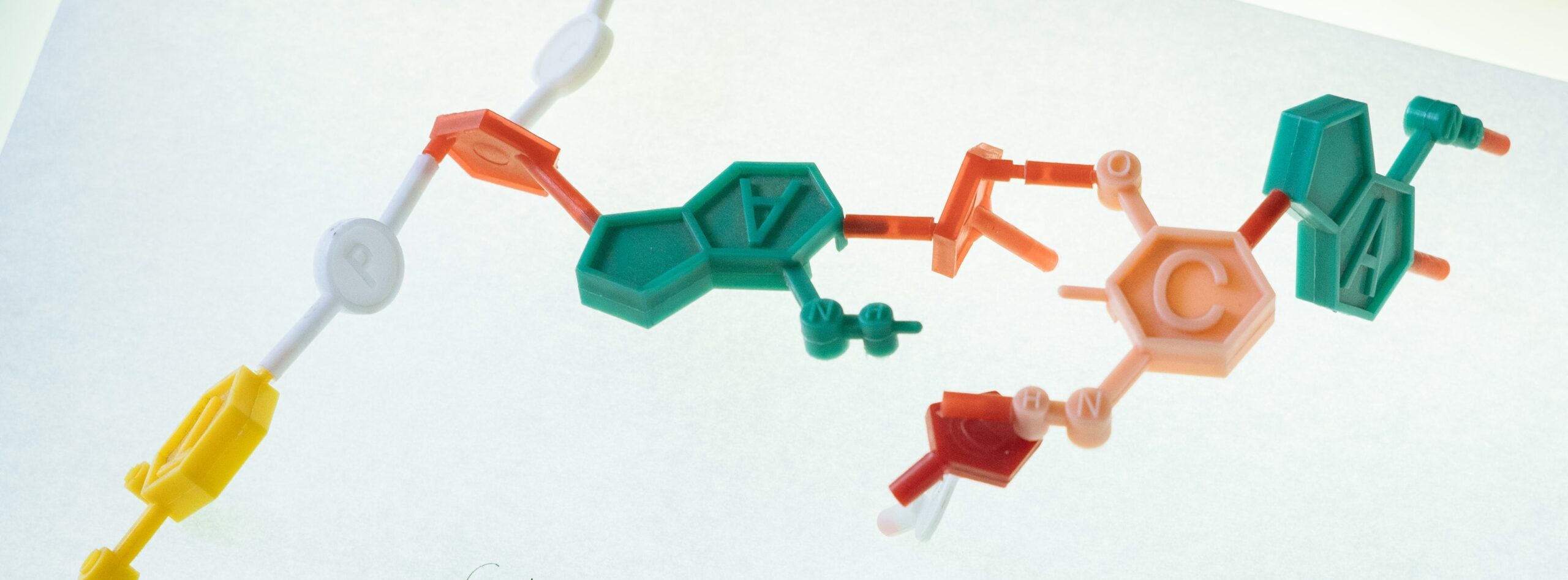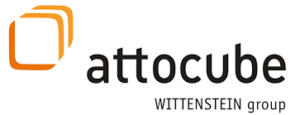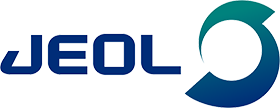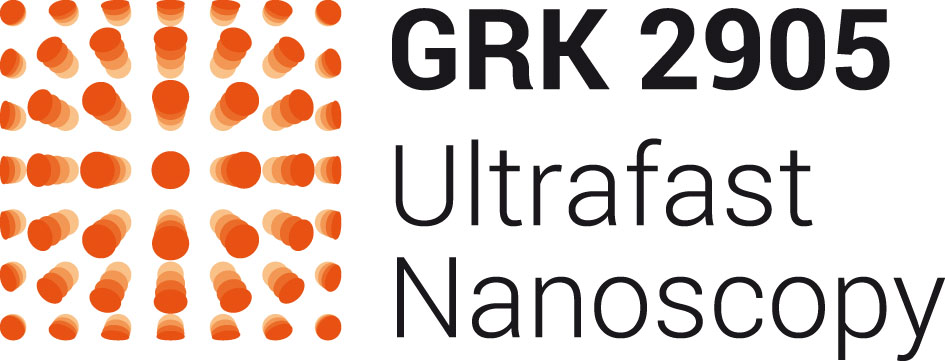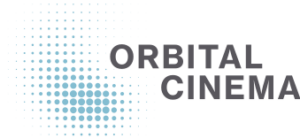Inaugural Symposium of the Regensburg Center for Ultrafast Nanoscopy
May 6 -8 , 2024
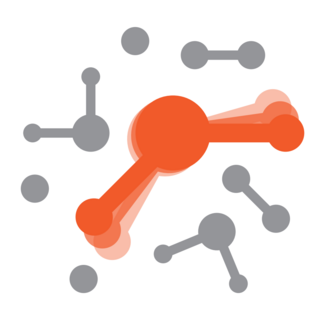
Innovation in fundamental science and in quantum-, nano- and bio-technologies depends on a thorough understanding of the inner workings of custom-tailored materials. High-resolution microscopy has provided still images of the elementary building blocks of matter. Because the nanoworld is constantly in motion, still images are often not enough. For instance, tailoring functionalities of quantum materials or controlling biochemical reactions would be facilitated by direct ultraslow motion pictures visualizing the interplay of the nanoscopic building blocks of matter in space and time.
The bar is set high since the relevant elementary processes often evolve on time scales as short as femtoseconds (1 fs = 10-15 s) or even attoseconds (1 as = 10-18 s). Developing concepts that allow for simultaneous resolution of ultrashort time and length scales is hence one of the key scientific and technological challenges of this century.
Hosted by the brand-new Regensburg Center for Ultrafast Nanoscopy (RUN), the Symposium “The Nanoworld in Motion” will showcase the latest ultrafast nanoscopy principles and their applications to clarify urgent questions on dynamics of systems ranging from individual molecules to complex biomolecular and solid-state nanostructures.
Confirmed invited speakers
Dmitri Basov
Columbia University, New York
Tyler Cocker
Michigan State University, East Lansing
Reinhard Dörner
University of Frankfurt
Nirit Dudovich
Weizmann Institute of Science, Rehovot
Isabella Gierz
University of Regensburg
Naomi Ginsberg
University of California, Berkeley
Leticia González
University of Vienna
Peter Hegemann
Humbolt Universität zu Berlin
Ulrich Höfer
University of Regensburg
Alfred Leitenstorfer
University of Konstanz
Fernando Martín
Universidad Autónoma de Madrid
Melanie Müller
Fritz Haber Institute, Berlin
Arwen Pearson
University of Hamburg
Jascha Repp
University of Regensburg
Claus Ropers
Max Planck Institute for Multidisciplinary Sciences
Angel Rubio
Max Planck Institute for the Structure and Dynamics of Matter, Hamburg
Vahid Sandoghdar
Max Planck Institute for the Science of Light, Erlangen
Josef Wachtveitl
University of Frankfurt
Jan Wilhelm
University of Regensburg
Martin Wolf
Fritz Haber Institute, Berlin
Schedule
Find a detailed version of the schedule here.
Committees
Chairs
- Rupert Huber
- Jascha Repp
- Christine Ziegler
Program committee
- Ferdinand Evers
- Dina Grohmann
- Ulrich Höfer
- John Lupton
- Patrick Nürnberger
- Sascha Schäfer
Contact
- Ulla Franzke
- ✉ Ulla.Franzke@ur.de
- ☎ +49 941 943 2071
Venue
The symposium will take place in the RUN building, located on the main Campus of the University of Regensburg. The inner city can be easily reached with public transportation and allows for a stroll among the old buildings of the best perserved large medieval city in Germany (UNESCO world heritage).
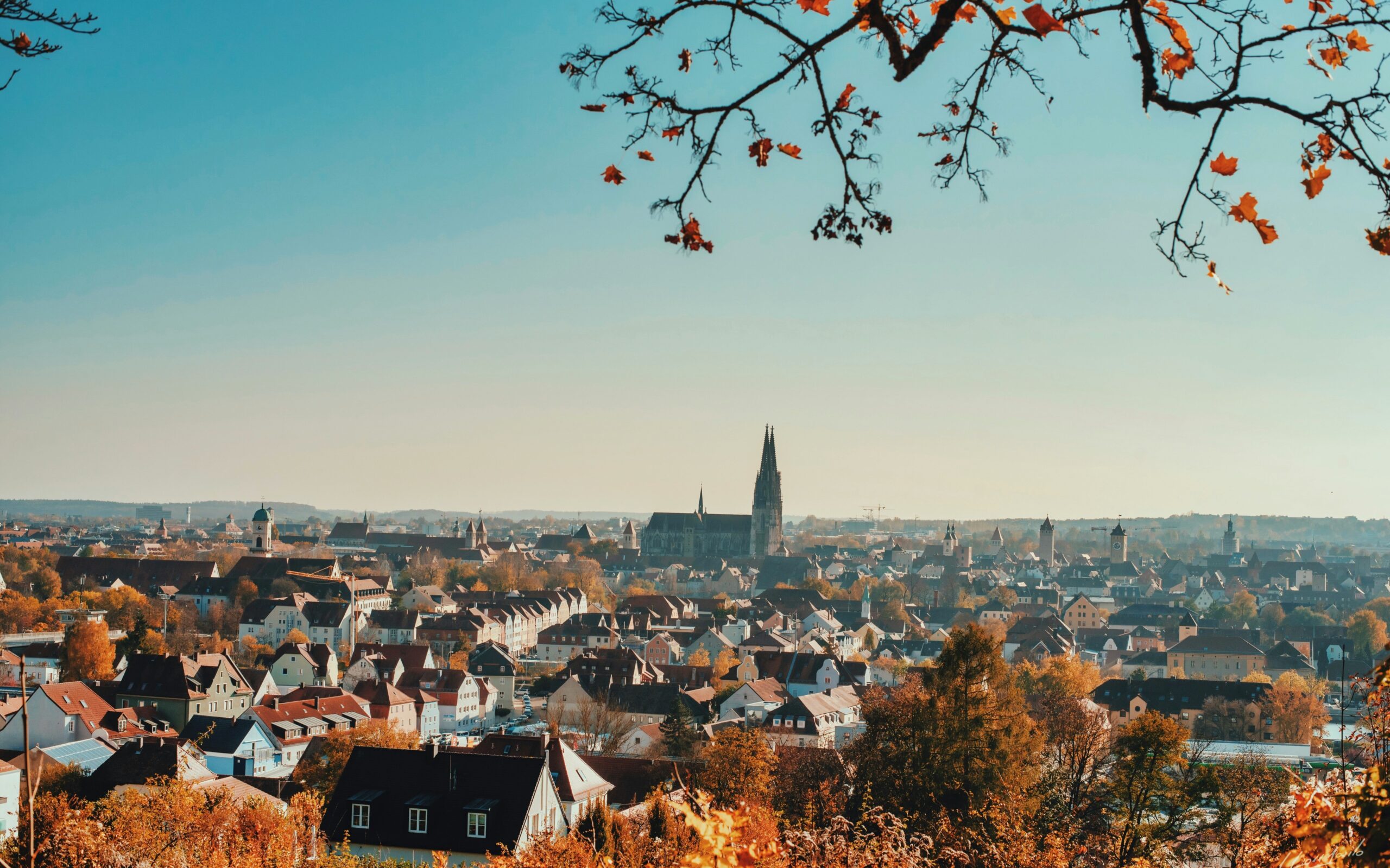
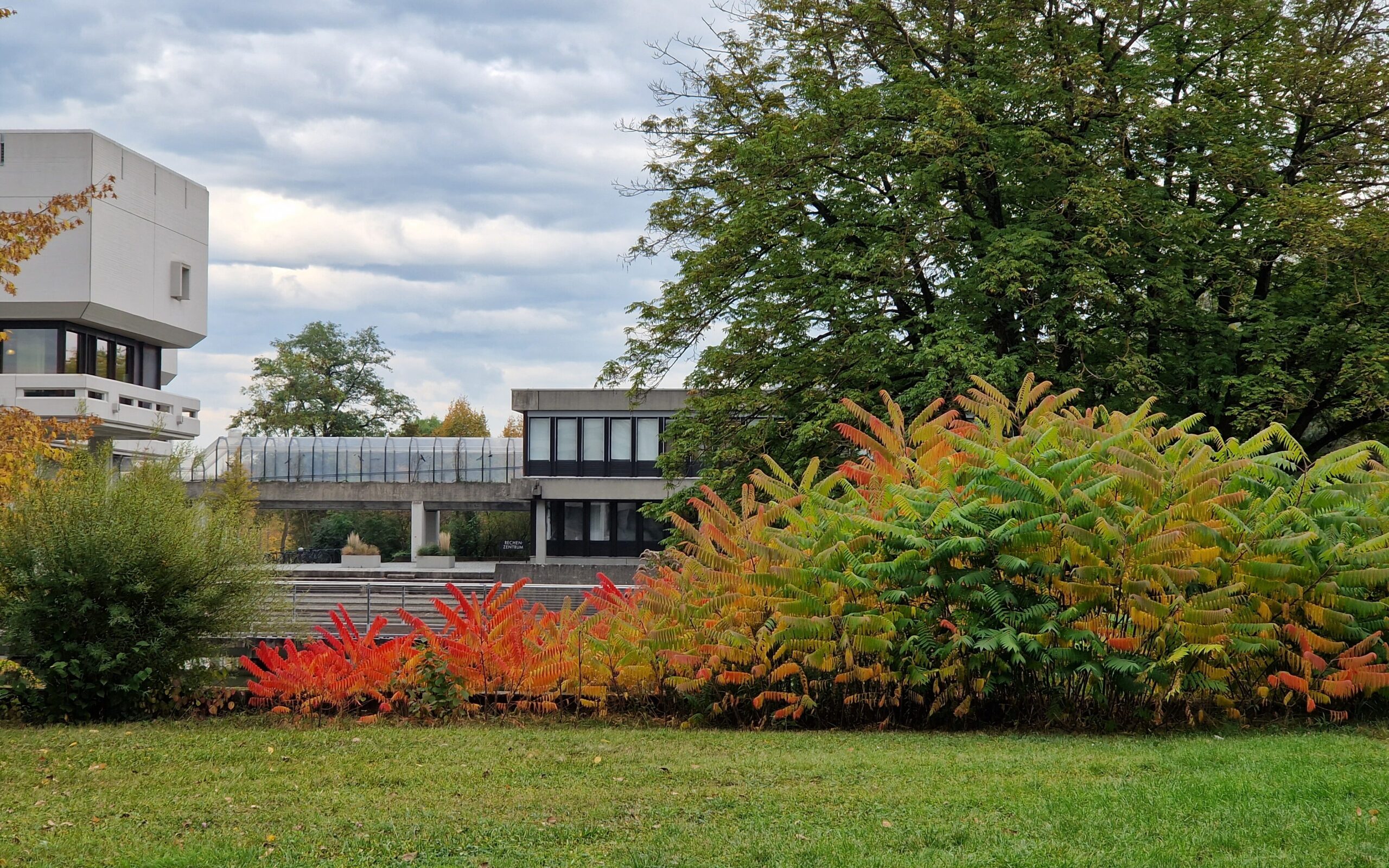
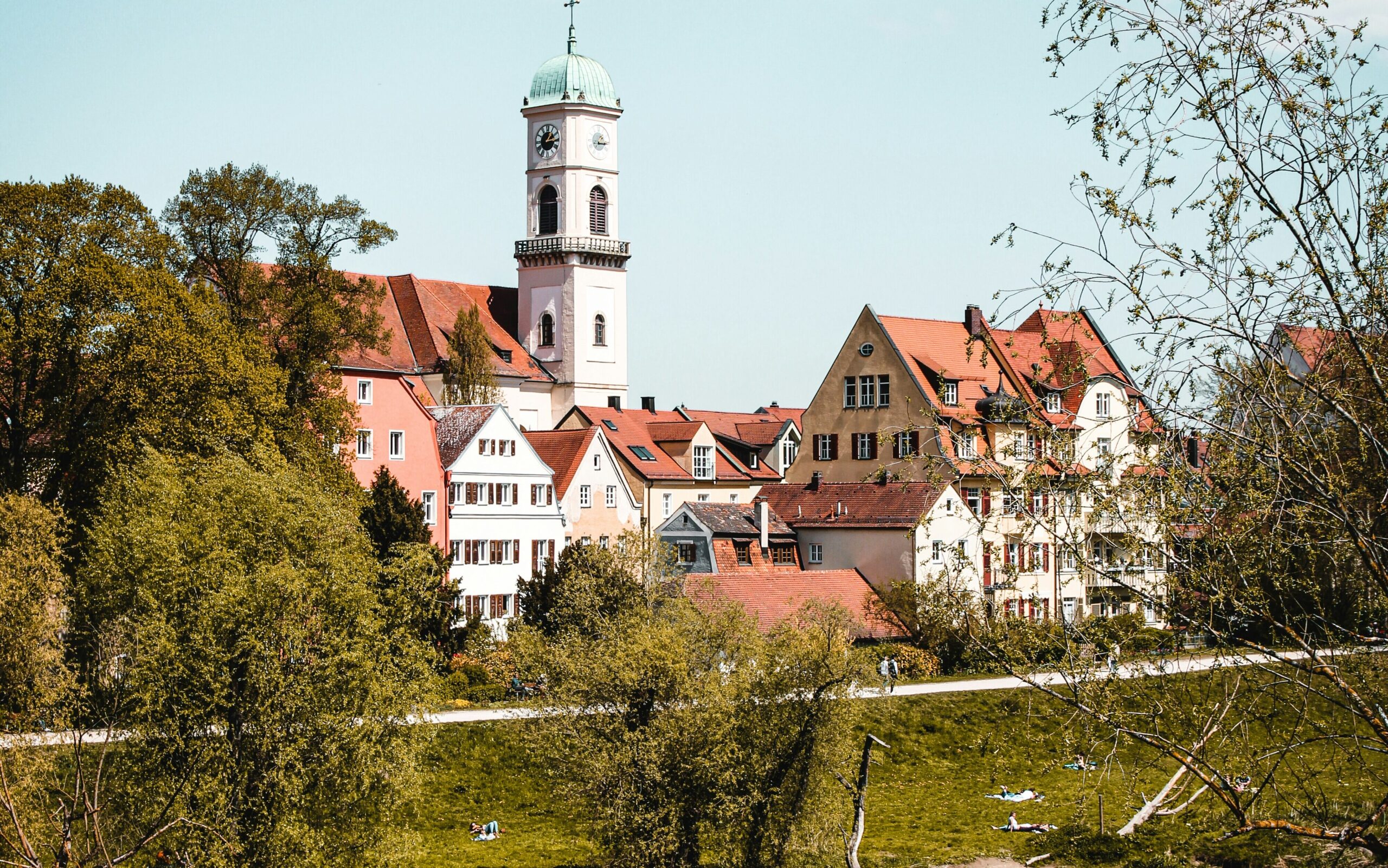

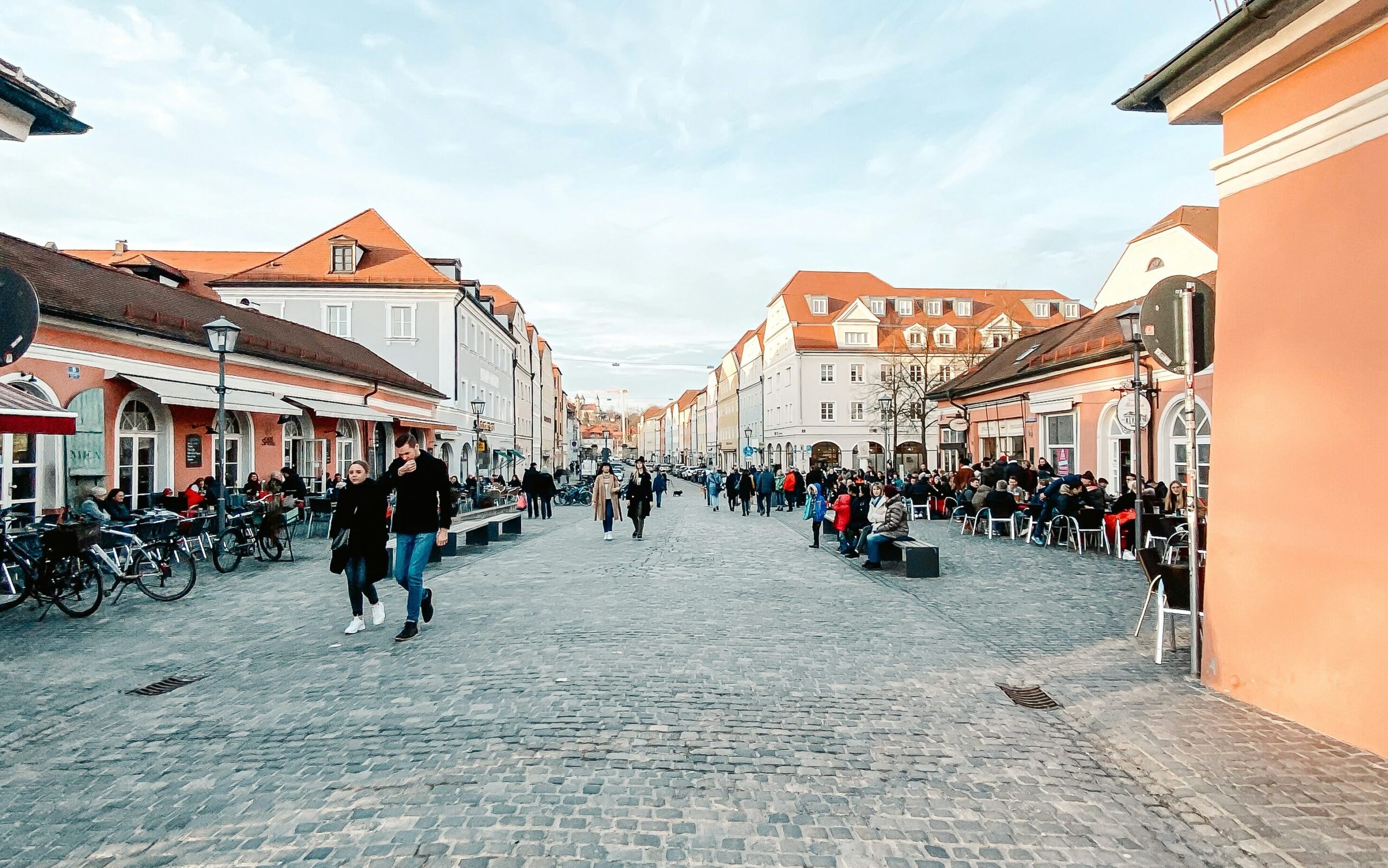
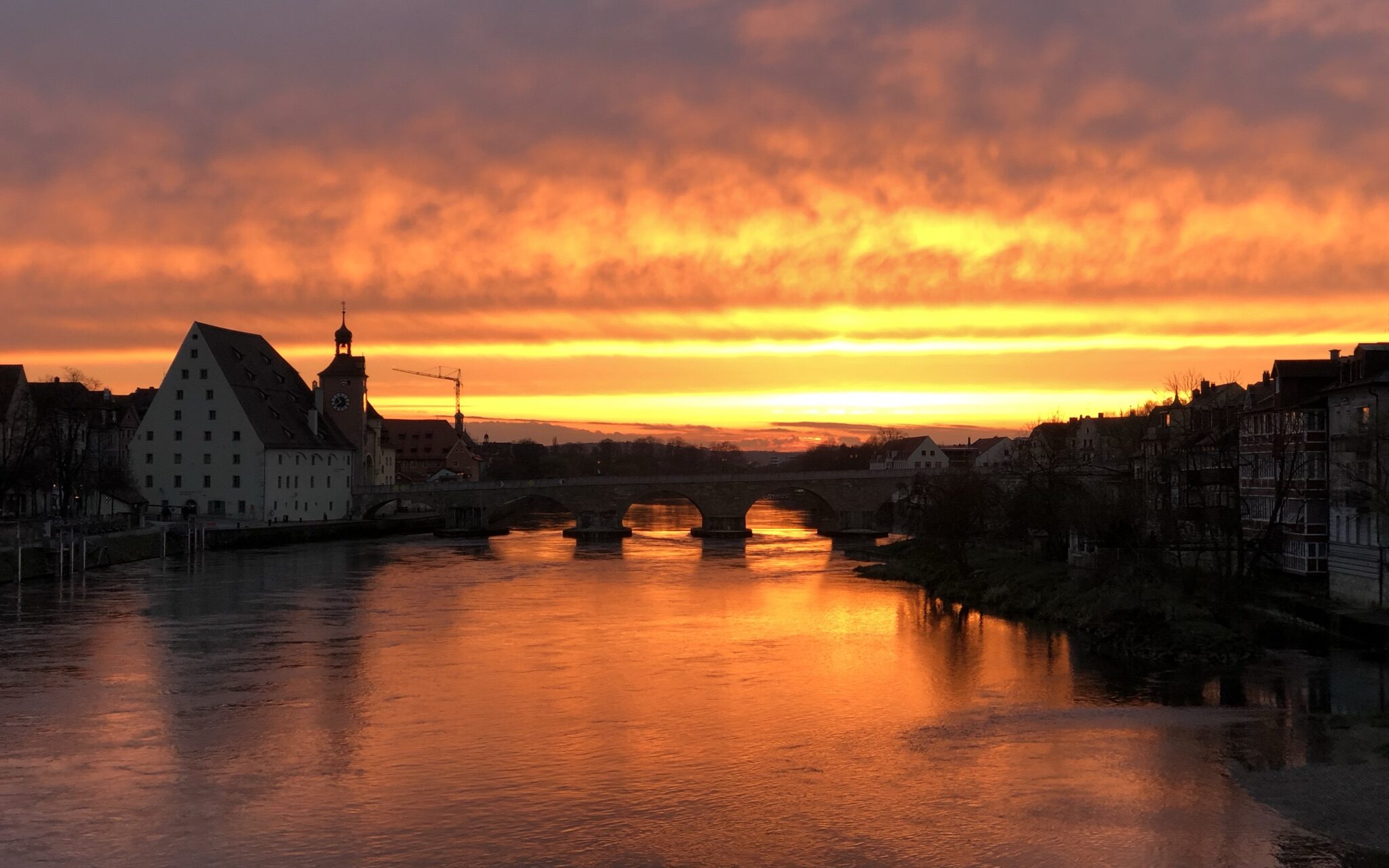

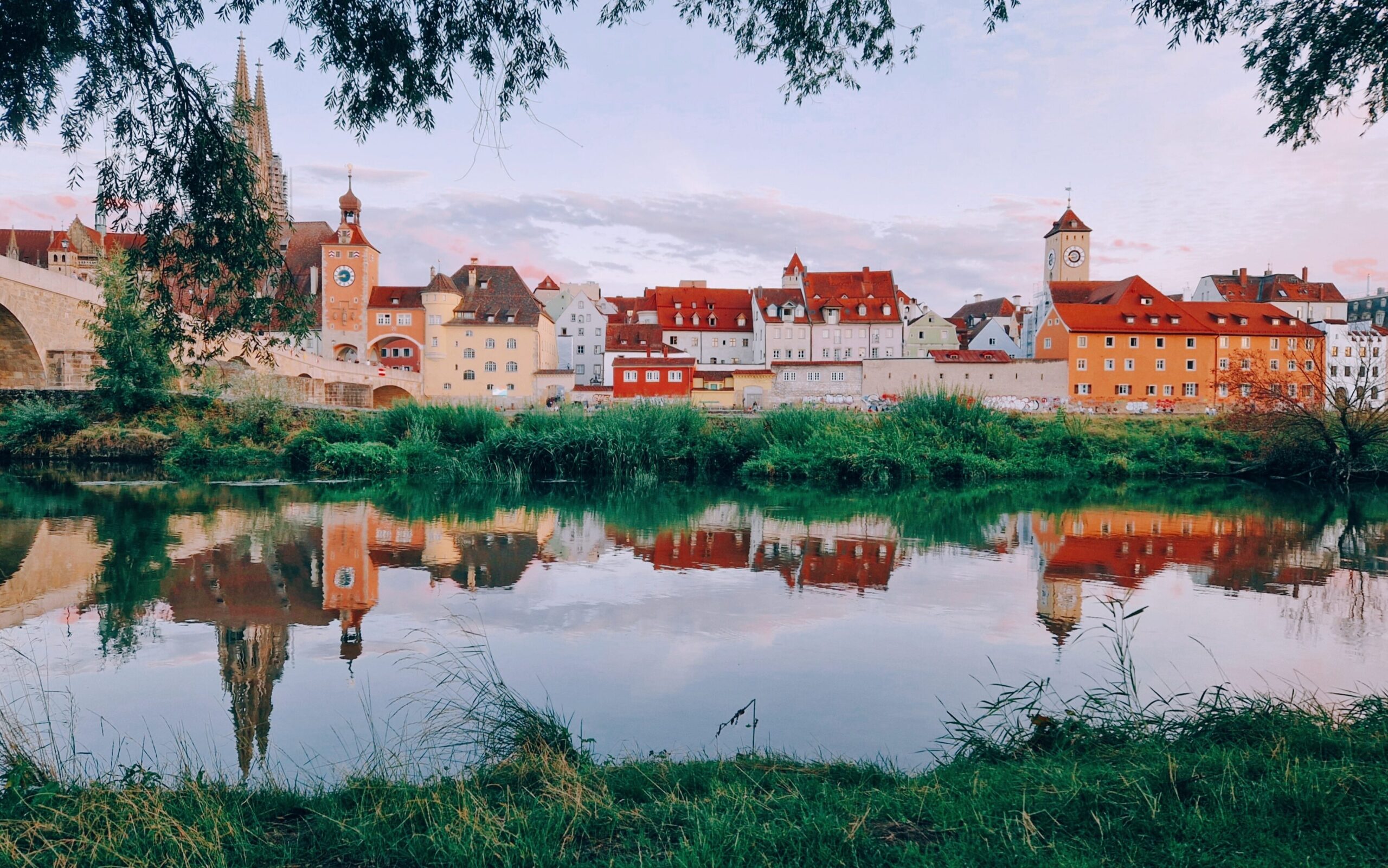
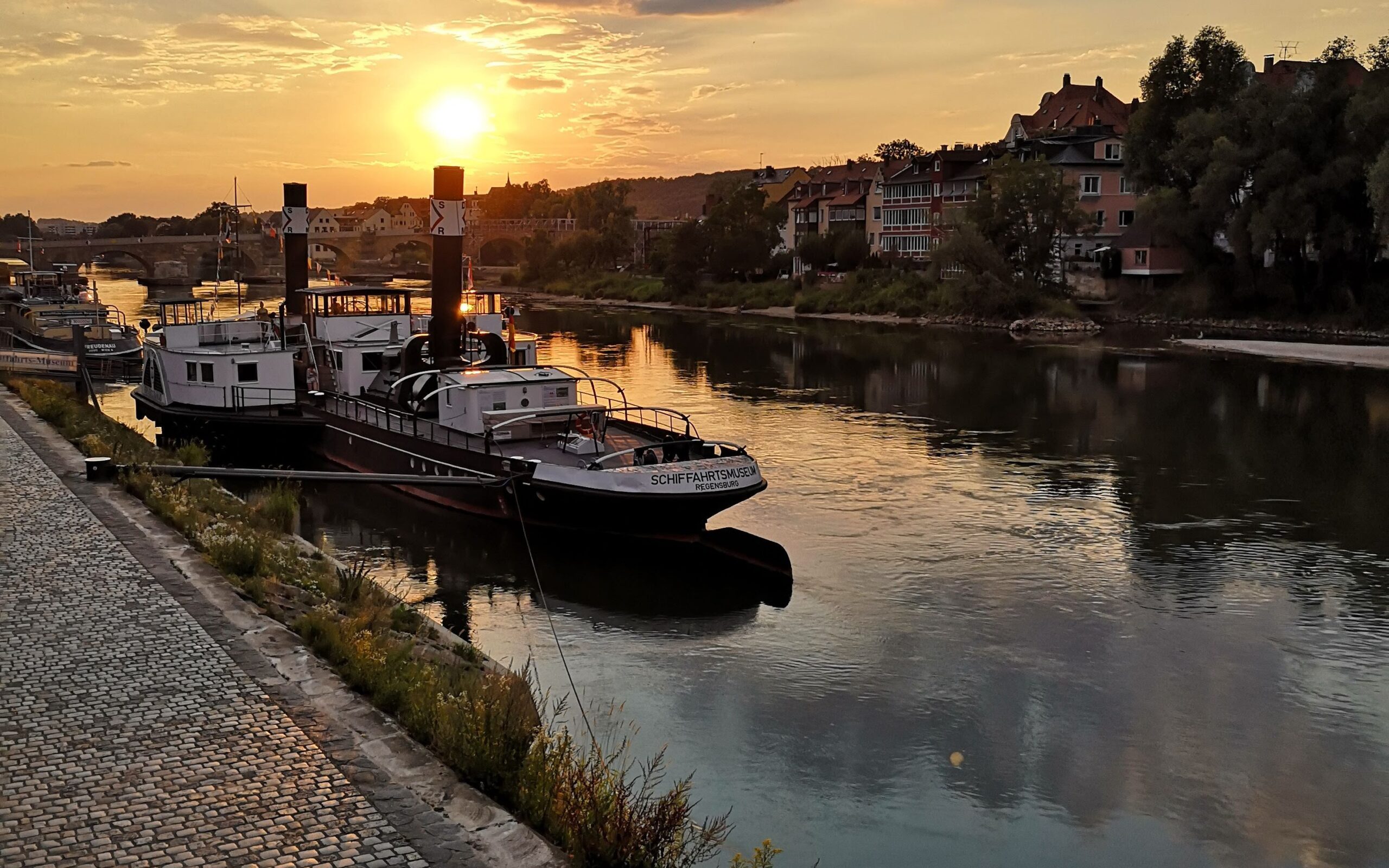
How to find us
General information on how to find the RUN: click here.
For guests staying at Hotel Goliath, the most convenient way to reach the university is by bus. From the Fischmarkt stop, lines 2 (towards Karl-Stieler-Straße) and 11 (towards Burgweinting) go directly to the University.
For guests at Hotel Central, there are two possible stops for the way to the University. Firstly, the “Justizgebäude” stop is quickly accessible, where lines 2 (direction Karl-Stieler-Straße), C2 (direction Universität), and 6 (direction Klinikum) directly serve the University of Regensburg. Alternatively, lines 6 (direction Klinikum), C6 (direction Universität), and 11 (direction Burgweinting) can be taken directly from the main station (Hauptbahnhof) to the University.
For detailed timetables, visit the RVV (Regensburger Verkehrsverband) website.
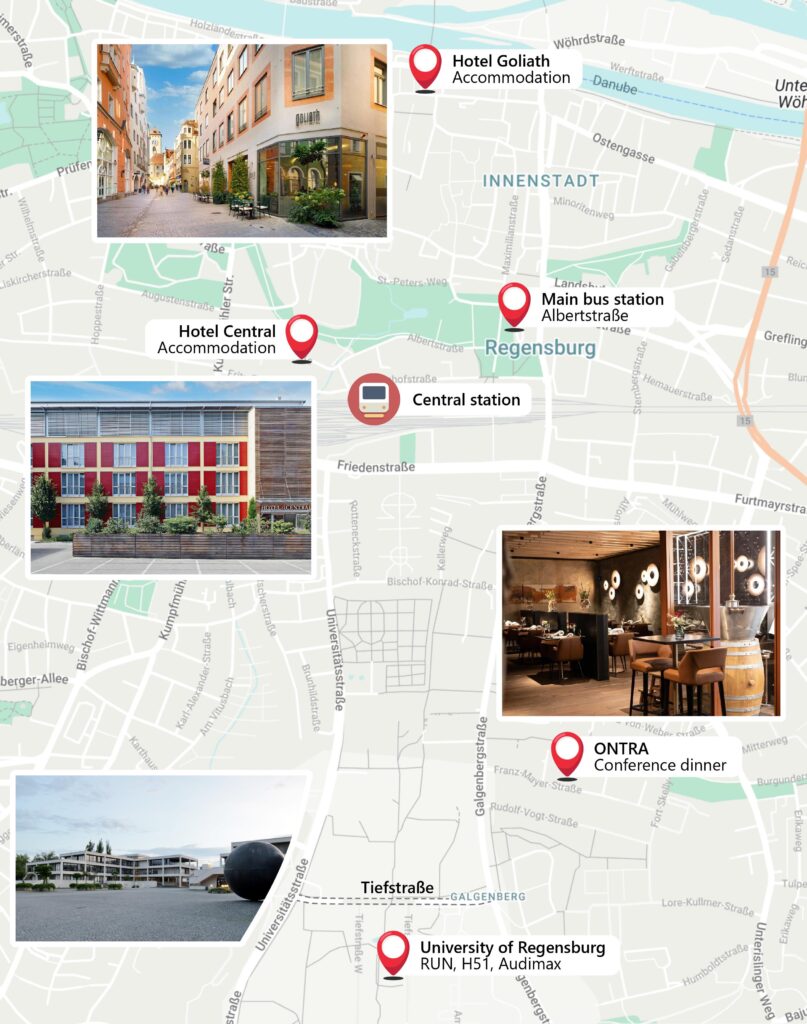
Sponsors
We are sponsored by the Deutsche Forschungsgeschellschaft (German Research Foundation) through RTG 2905 “Ultrafast Nanoscopy” and CRC 1277 “Emergent relativistic phenomena in condensed matter” as well as the European Research Council by ERC synergy grant “Orbital cinema”. Furthermore we have external sponsors: ATTOCUBE, CREATEC, JEOL, TOPAG and LIGHT CONVERSION.
gfdx

